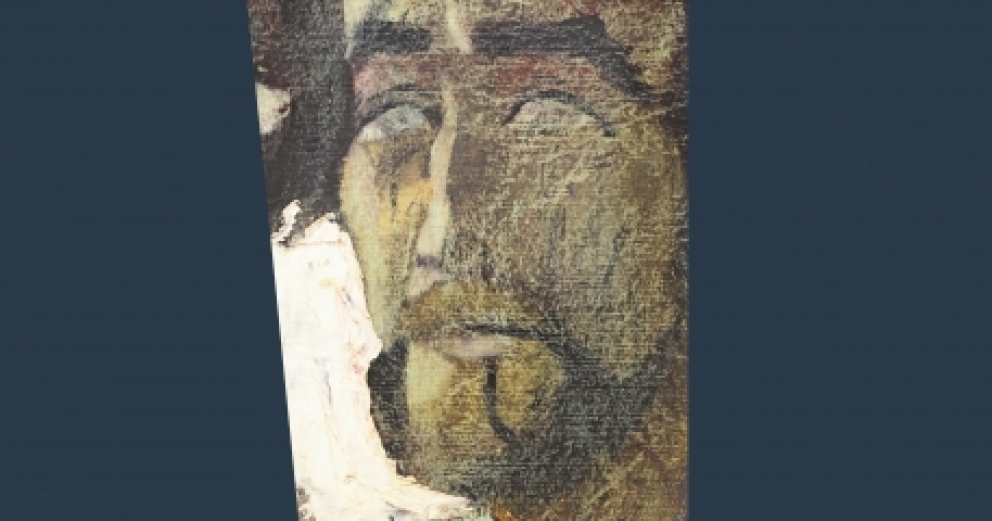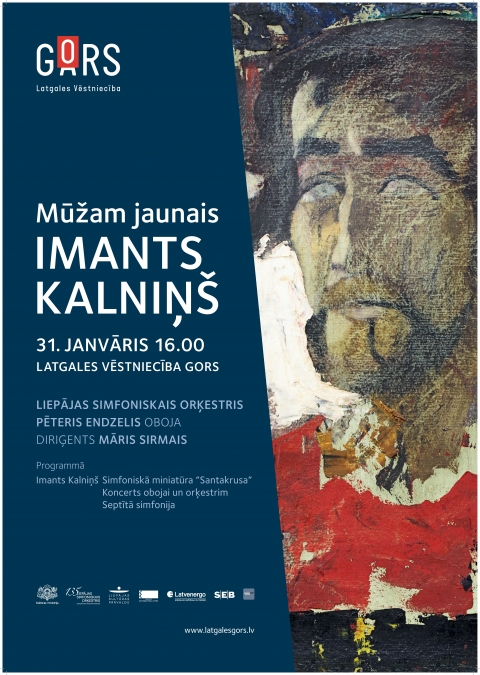This year, composer Imants Kalniņš will celebrate his 75th anniversary. As the first resounding accord of the jubilee will be the concert “Always Young Imants Kalniņš” by Liepaja Symphony Orchestra, presenting three new compositions of the composer. Concert will be held in the Great Hall of the Embassy of Latgale GORS.
The performance of Liepaja Symphony Orchestra, soloist Pēteris Endzelis and conductor Māris Sirmais, will resound three new compositions: “Seventh Symphony”, “Concert for Oboe” and miniature “Santa Crusa”. The musical center of the concert’s first part will be the “Concert for Oboe”. With the genre designation “concert”, on the creation list of Imants Kalniņš have been only two opuses – Concert for Cello, composed during the studies in 1963, and one-partly Concert for Orchestra, composed in 1966. When asked, why the concert has been composed with the solo part dedicated to oboe, Imants Kalniņs highlights the special timbre of the instrument. “It has a mysterious, oriental fascination, that could not be compared to the sound of any other wind instrument,“ tells the composer. This composition will present the solo performance of the first oboe of the Latvian National Opera oboe group concert master and State Chamber Orchestra “Sinfornietta Rīga” Pēteris Endzelis. Specially, for this concert, has been created symphonic miniature for string orchestra “Santa Crus”, the main theme of which has been resounded in the play of Latvian National Theatre “Santa Crus” by Max Frish.
The second part of the concert will present a long waited “Seventh Symphony” by Imants Kalniņš. This symphony is separate by fifteen years from the previous, “Sixth Symphony”. The idea of the symphony composer does not reveal, describing that the words told by music are almost the same, as the attempt to describe the smell of the flower. Audience will experience the surprise, the one addressed by the composer to those, who remember his dynamic, energetic and rocking “Fourth Symphony” (1973), remarkably cited folk song “Caur Sidraba Birzi Gāju” in the finale of “Fifth Symphony” (1979), as well as “Sixth Symphony” with the participation of a choir (2001), inspired by “Balle Pilī” by Rabindranat Tagores.





